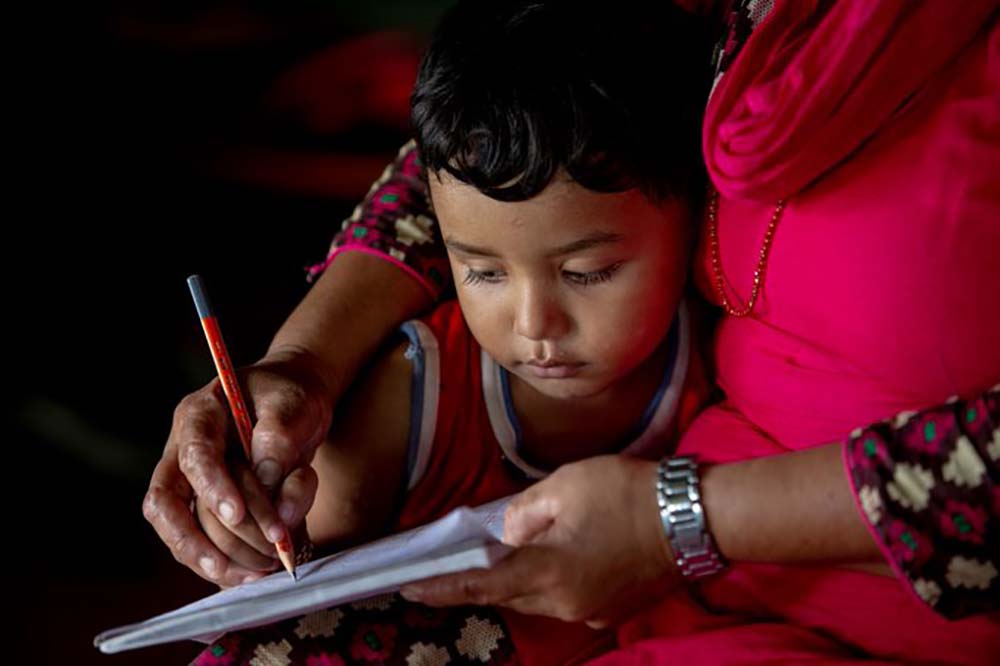
KATHMANDU: Nepal has made significant progress in human capital development, though key challenges remain in the health, education, and social protection sectors, which have been exacerbated by the Covid crisis. Nepal’s transition to a federal state presents an opportunity to promote greater human capital accumulation, but it requires significant investment and improved efficiency in spending, states the World Bank’s report “Federalism and Public Expenditure for Human Development in Nepal: An emerging agenda” launched virtually on Wednesday.
While federalism is helping bring policymaking and service delivery closer to the people, it can be further strengthened through a clear definition of responsibilities of each level of government and ensuring the systems and resources are in place for their implementation, states the report.
“This report provides a comprehensive review of the challenges facing Nepal’s human development sectors in the federal context”, stated Finance Secretary Madhu Kumar Marasini. “The recommendations are aligned with our national development plans and will inform and support our ongoing efforts to ensure all levels of government have the means and tools to perform their key functions in the delivery of core services in education, health, and social protection.”
The Public Expenditure Review (PER) identifies key reforms to help Nepal improve human capital outcomes in the federal context:
- addressing gaps in programming, including economic inclusion for the poor, and mainstreaming delivery processes
- clarifying roles of different levels of government and ensuring standards are implemented
- improving management processes and systems, including a social registry
- introducing incentives to promote good management practices
- addressing human resource challenges to ensure that subnational governments have the capacity to efficiently deliver quality services
Published Date: February 10, 2022, 12:00 am
Post Comment
E-Magazine
RELATED B360 National


-1766058315.jpeg)
-1766056361.jpg)
-cover-1754643478.jpg)
